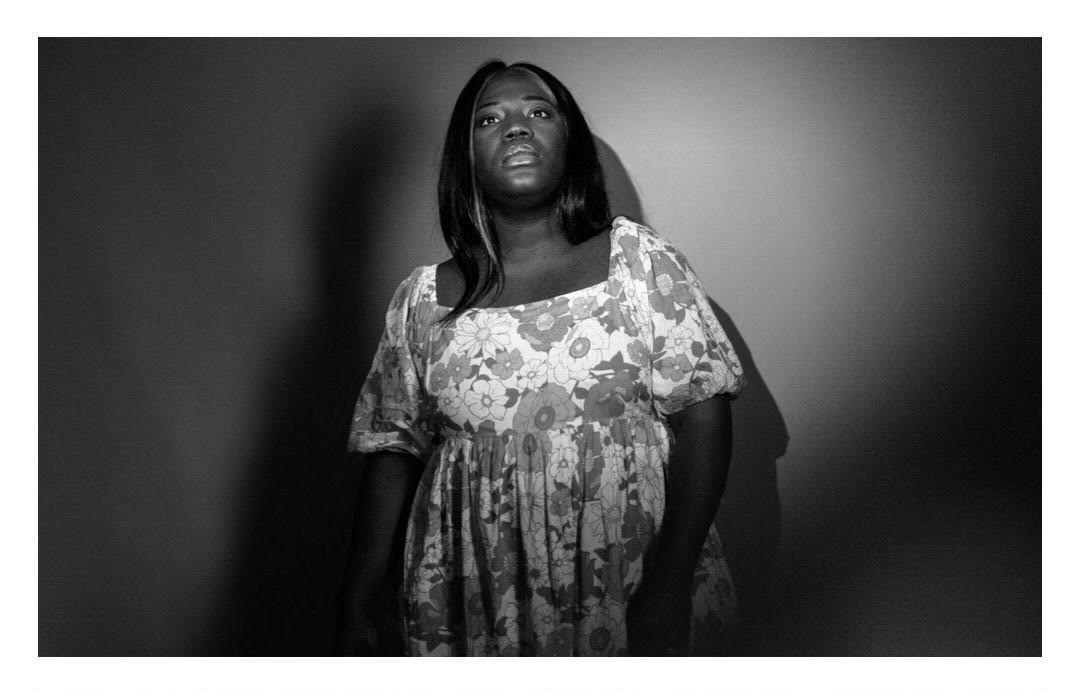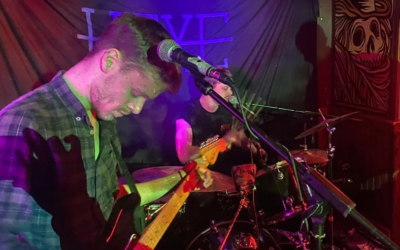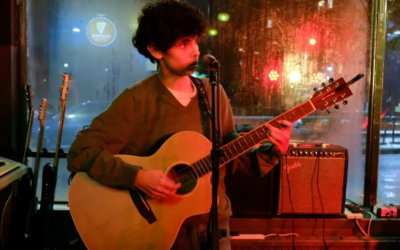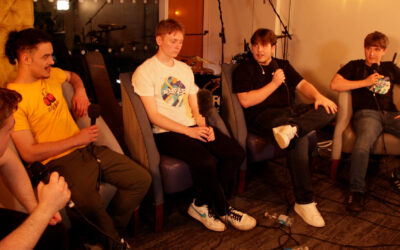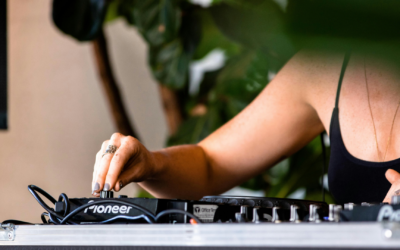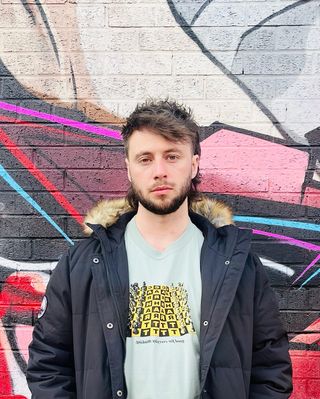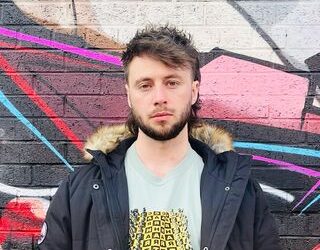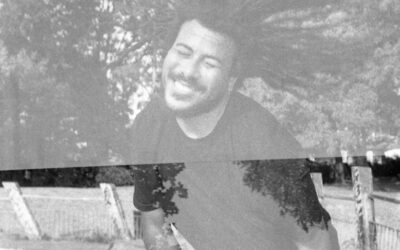Sheffield Poet Laureate Denaé Wellington returns to her Jamaican roots, explores her family’s legacy, and talks about what it means to be a black, autistic, and ADHD artist in today’s creative landscape.
She has been making music for around 15 years but she describes herself as a “multi-hyphenated Jamaican British creative. I’m also autistic, and I’ve got ADHD. So that is a very integral part of my practice as well. But yeah, I’m just a girl!”
Denaé covers a range of creative fields. She is first and foremost a poet but has also released an album and is about to release a short film. However, making art in this industry isn’t always easy.
“It can be hard to find your place as a Black Jamaican woman with ADHD and Autism,” Denaé says. “It can feel like a really uncomfortable space because of the expectations of what a poet is. I didn’t go to uni to study English; I failed my GCSEs in English. It was just my love of music that brought me to my love for language and into poetry.”
When she was offered the role of the third-ever Poet Laureate for Sheffield, she wasn’t sure if it was right for her. “I was running away from it for a time. For the very reasons that I spoke about, I didn’t feel like I was able or worthy of being in that space. Not having the accolades or the collections, whatever it may be.”
Denaé released her album Good Fruit in 2022, produced by Maurice Fulton. “When I say odd child, he is one of the most eclectic out there. Mad Professor producers I’ve ever worked with. He’s such a dope guy. He is definitely a mad scientist in the studio.”
The album is a mashup of sounds with a bit of everything. Denaé says, “We drew from so many different styles—from Funkadelic to Aretha Jones, to gospel with the harmonies. The church sounds, when the pastor was preaching, and the breakbeat—it’s just combinations of all the styles we really enjoy.”
The collaboration stretched and improved Denaé’s song writing, but since the album, she’s focused on her poetry. “I feel like poetry strips you down,” she says. “It’s more vulnerable because I can’t hide behind the music. I can’t hide behind the instruments. All I have are my words and my voice. So I feel like I have to really sit down and think about why I’m telling the story.”
Denaé’s storytelling ability recently took her to Jamaica, the place she was born and spent her childhood. She was returning after 20 years away. “Immediately on the plane, I could feel the stress leaving my body because I knew I was going back home,” she says. “I didn’t know what to expect. But seeing Black faces on the billboards, and just going through those familiar smells of home, it was overwhelming. At the same time, I realised how much time has been lost.”
With funding from the Arts Council, Denaé has been working on a short film called Take Me to the Promised Land in Search of My Mother’s. The project traces her maternal line, looking at the women in her family and their connection back to West Africa.
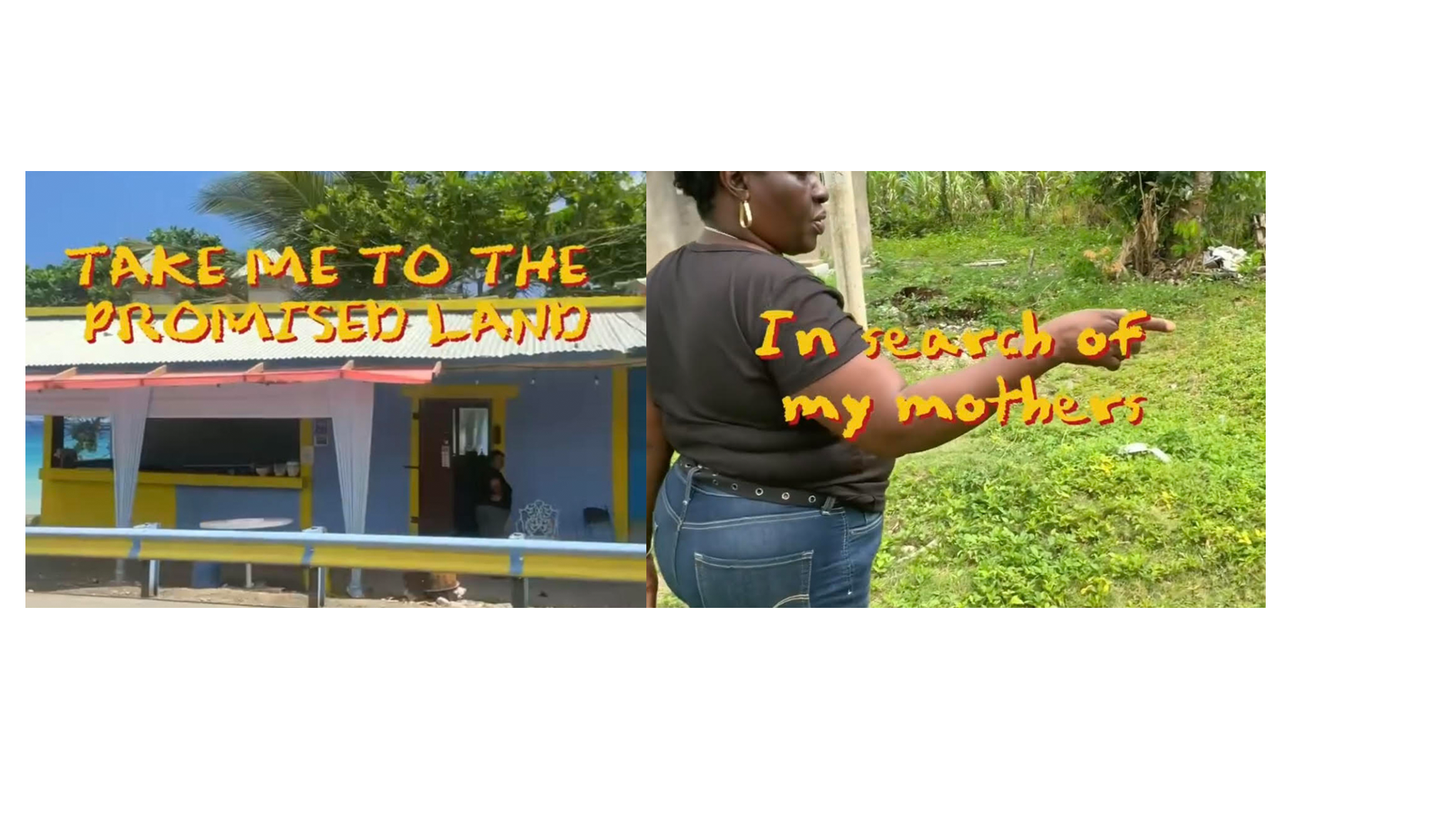
READ: Navigating the melodic maze with Feux
“It’s been a journey,” she says. “It’s been a lot of digging into genealogy and going back home. As I said, I hadn’t been back home for 20 years. Going back with fresh, adult eyes, you see things so differently.” Danae has also made a poetic short film called Who We Were, Who We Became which explores the ‘memories, faith and culture of the Windrush generation’.
Denaé also works with young people through the Naylor School of Arts, a school she created. “It’s a beautiful thing when I work with young people in schools and start rapping with them. It breaks the mould of what they thought poetry is.”
Her desire to help young people stems from her own needs for a way to creatively express herself as a teenager. “When I was 15, just before I left secondary school, I was so badly behaved. I remember going into classrooms, standing on tables, and singing with my friends at lunchtime because I needed an outlet.”
For young people who feel like poetry isn’t for them, Denaé uses music. “Instead of hearing Shakespeare, they hear Nas or some other rapper. And they’re like, ‘Yeah, I feel it, I hear it, I resonate with the words and the stories.'”
Denaé tries to explore what identity in her work at the Naylor school of arts. “Sometimes, whether you like indie music or too much alt-rock, you’re seen as too white. And if you like gangsta rap and folk music, you’re seen differently. I want to create that kind of third space for people who feel like they don’t fit in here or there. We’re very new to this, so it’s still building. But my hope is that we continue to collaborate and make work as time goes by. It’s for all the odd people.”
Denaé doesn’t have current plans to return to music but knows who she would want to work with if she does. “I’ve not sung for a long time, but I definitely would like to,” she says. “There’s a musician, Gabriel Ben, known as Tuesday Born, that I used to collaborate with all the time. If I’m going to get back to music, he’s the one person that’s going to be my doorway. I think he’s one of those musicians that just gets it.”
Now, Denaé chooses to be careful about what art she puts out into the world. “We live in a mad world, and we don’t need more negativity. It doesn’t necessarily mean it has to be deep all the time. I feel as a poet there’s a responsibility. Once I occupy a space in a room, it’s not just me; it’s me and the people in relationship with each other. I want to be very intentional about what I share with them.”
You can find Denaé on instagram @Daughterofthefree
Follow us on Instagram, Twitter, Facebook and Tiktok for more content!
Main images sourced from @Daughterofthefree


